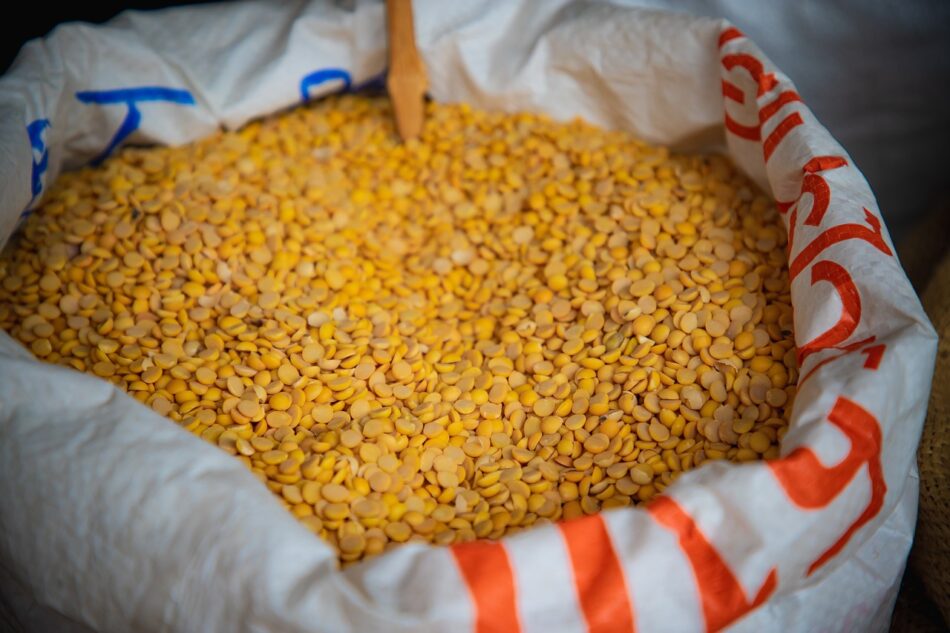As one of the most versatile and commonly consumed foods in the world, eggs are a staple in many households. However, like any other food item, eggs have a shelf life, and it is important to know when they are no longer safe to eat. The sell-by date stamped on the carton is often used as a guide, but what happens if you miss that date? In this article, we will explore how long eggs are good past their sell-by date and how to determine if they are still safe to consume. By following a few simple tests, such as the water test, the smell test, and the crack test, you can determine if your eggs are still fresh and safe to eat. Additionally, proper storage of eggs in the refrigerator can extend their shelf life by 2-3 weeks beyond their sell-by date. With these tips in mind, you can continue to enjoy the nutritious and versatile benefits of eggs even after their sell-by date has passed.
What Does Sell-By Date Mean?
Sell-by date is a term that can cause confusion among consumers regarding the safety of food products. In the case of eggs, the sell-by date is simply an indicator used by egg producers to tell stores when they should no longer sell the product. It is not, however, a guarantee of when the eggs will go bad. In fact, eggs can still be safe to consume for a period of time after the sell-by date, as long as they have been stored properly.
Consumers can rest assured that eggs are generally safe to consume even after the sell-by date has passed. However, it is important to understand that the quality of the eggs may be compromised over time, which can affect the taste and texture of the egg. By using methods such as the water test, the smell test, and the crack test, consumers can determine if their eggs are still fresh enough to consume, regardless of the sell-by date.
How to Determine If Eggs Are Still Good?
If you’re unsure whether your eggs are good after their sell-by date, there are a few methods you can use to determine whether they’re still safe to eat. The water test is a popular way to test if an egg is still fresh. You can do this by filling a bowl with cold water and placing the egg in it. If the egg sinks to the bottom and lies flat, it is still fresh. If it stands upright on the bottom or floats to the top, it is no longer fresh and should be discarded.
The smell test is another way to determine if an egg is still good to eat. Crack the egg into a bowl and sniff it. If it has a foul odor, it is best to discard it. Lastly, the crack test involves cracking the egg onto a plate and examining the yolk and white. If they are firm and hold together, the egg is still good. If the yolk breaks easily and the white is watery, it is no longer fresh. By using these methods, you can ensure that you are consuming safe and fresh eggs.
The Water Test
The water test is a simple and effective method to determine if your eggs are still fresh. First, fill a bowl with cold water and gently place the eggs inside. If the eggs sink to the bottom and lay flat, they are still fresh and safe to consume. However, if they stand upright on the bottom or float to the top, they are no longer fresh and should be discarded.
This method works because over time, as an egg gets older, the air cell inside it grows larger. If the egg floats, it means that the air cell has expanded, which indicates that the egg has been sitting around for a while and is no longer fresh. On the other hand, if the egg sinks, it means that the air cell is small and the egg is still fresh.
The water test is a quick and easy way to determine the freshness of your eggs, but it’s important to note that even if an egg passes the test, it’s still a good idea to check for other signs of spoilage, such as a foul odor or an odd color or texture.
The Smell Test
The smell test is a simple and effective way to determine if your eggs are still good to eat. To perform this test, crack the egg into a bowl and give it a sniff. If it has a foul odor, it is best to discard it. This can be an indication of bacterial growth or contamination, which can be harmful if consumed. However, if the egg smells normal, it is likely still safe to eat, even if it has passed its sell-by date. It is important to note that the smell test may not always be accurate, and it is recommended to also perform the water and crack tests to ensure the safety of your eggs.
The Crack Test
The crack test is a simple and effective way to determine if your eggs are still fresh. To perform this test, crack the egg onto a plate and examine the yolk and the white. If the yolk is round and firm, and the white holds together, the egg is still good. However, if the yolk is flat and the white is watery or runny, it is no longer fresh and should be discarded.
It’s important to note that even if eggs pass the crack test, they should be cooked fully before consuming. Cooking eggs to an internal temperature of 165°F helps to kill any harmful bacteria that may be present. Overcooking eggs, on the other hand, can cause the proteins to toughen and make the texture unappetizing.
By performing the crack test and cooking your eggs properly, you can ensure that you are consuming fresh and safe eggs even after their sell-by date has passed.
How Long Do Eggs Last After the Sell-By Date?
Eggs are a versatile and healthy food item that can be consumed beyond their sell-by date if stored properly. According to experts, eggs can still be consumed 2-3 weeks after their sell-by date if they have been kept in the refrigerator at a proper temperature of 40°F or below. It’s important to note that the eggs should be stored in their original carton as this helps to prevent moisture loss and contamination.
When storing eggs, it’s also important to keep them away from strong-smelling foods like onions and garlic, as they can absorb the odors and affect the flavor of the eggs. Additionally, storing eggs in the door of the refrigerator is not recommended as the temperature fluctuations can cause them to spoil more quickly.
Consumers can also use the water test, smell test, and crack test to determine if their eggs are still good to eat. However, it’s best to err on the side of caution and discard any eggs that show signs of spoilage such as a foul odor, discolored yolk or whites, or a slimy texture.
To sum up, with proper storage and care, eggs can be enjoyed for weeks past their sell-by date. By following the tips outlined in this article, consumers can ensure that their eggs remain safe to eat and add a nutritious boost to their diets.
Conclusion
In conclusion, it is safe to consume eggs beyond their sell-by date if they have been stored properly. Determining their freshness can easily be done with simple tests such as the water test, smell test, or crack test. The key to keeping eggs fresh longer is to store them in the refrigerator in their original carton. With this knowledge, you can enjoy eggs in a variety of dishes even after their sell-by date has passed, making the most out of this nutritious and versatile food.








